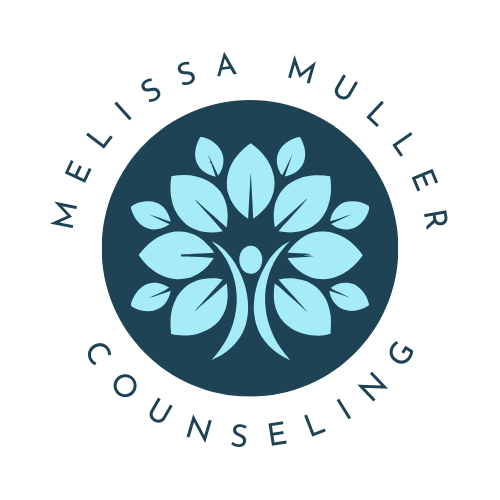Diclemente and Prochaska’s Stages of Change:
Let’s use Laura as an example. Laura has an eating disorder. She binges and purges at least twice a day. Laura’s family knows about it and brings her to therapy.
Precontemplation: Not yet acknowledging that there is a problem behavior that needs to be changed. “What problem? I don’t have a problem.” Other people may see the problem but individuals in this stage do not.
Laura denies having a problem. She says she has it under control and wishes everyone would leave her alone.
Contemplation: Acknowledging that there is a problem but not yet ready or sure of wanting to make a change. “Yes, I have a problem and I’m thinking about making a change.”
Laura now admits she has a problem but does not want to change. She is afraid to cease the binging and purging. She tells me she knows she needs to change and is thinking about it.
Planning/Preparation/Determination: Getting ready to change. “Here’s how I will make the change”
Laura tells me she wants to work on her eating disorder because it is interfering with her life. We talk about a plan to work on it together.
Action/Willpower: Changing behavior. Actually working on changing or fixing the problem.
Laura has an active plan to manage her eating disorder and to work towards being healthy.
Maintenance: Maintaining the behavior change. This is when the focus is on working to keep the change.
Laura continues in therapy, but has sessions less frequently. She has a tool box of techniques to avoid binging and purging. She is in recovery from the eating disorder.
Relapse: Returning to older behaviors and abandoning the new changes.
Laura had a relapse. She became overwhelmed and turned to her old friend, binging and purging, to manage the stress. She comes in for a session and we refocus her on recovery.
(In Relapse you can always go back and get into Maintenance again.)
Perhaps you have something in your life that needs changing? Are you ready for the change? Look at the Stages of Change and you determine if you are ready.
Melissa Muller is a Licensed Mental Health Counselor in St. Augustine, FL. Melissa works with families, adolescents, couples and individuals. Melissa has specializations in treating adolescents, eating disorders, trauma, and sexual addictions. In addition she enjoys working with the LGBT community. She often works with families in the crisis of divorce to make the transition as healthy as possible for both the children and the adults in the family.
Call or Contact me for your appointment today (904) 595-6840.

